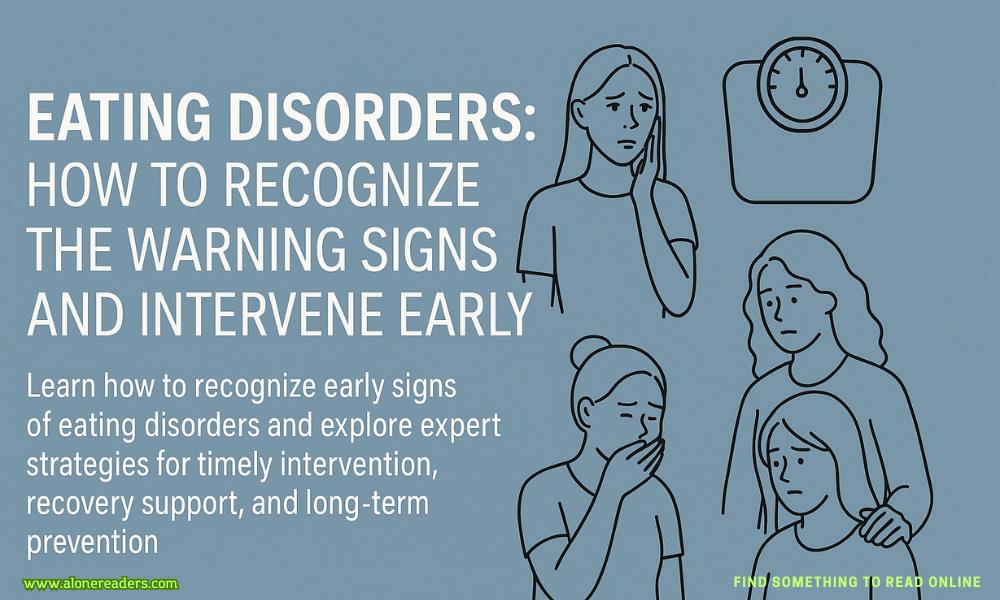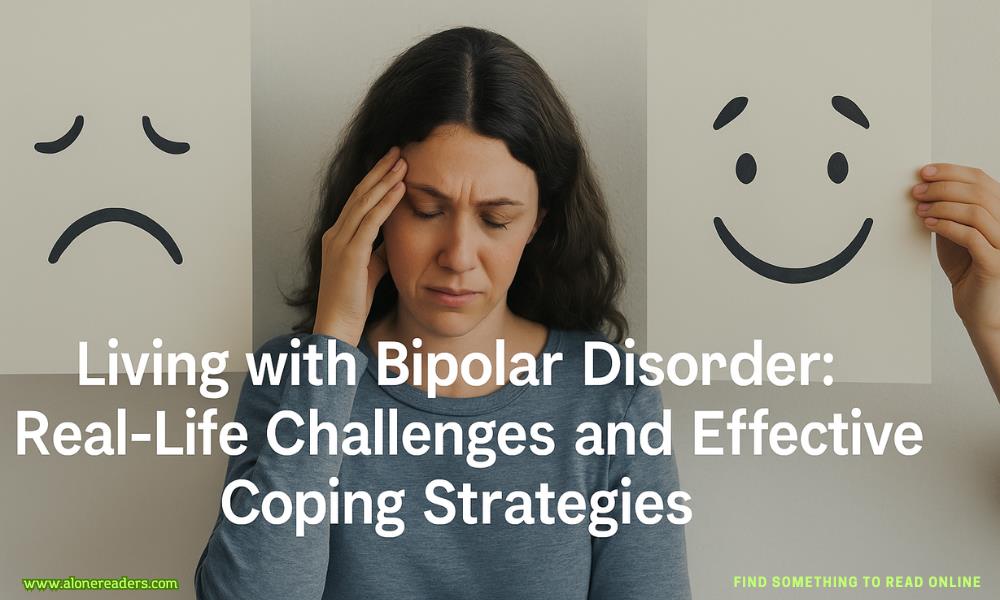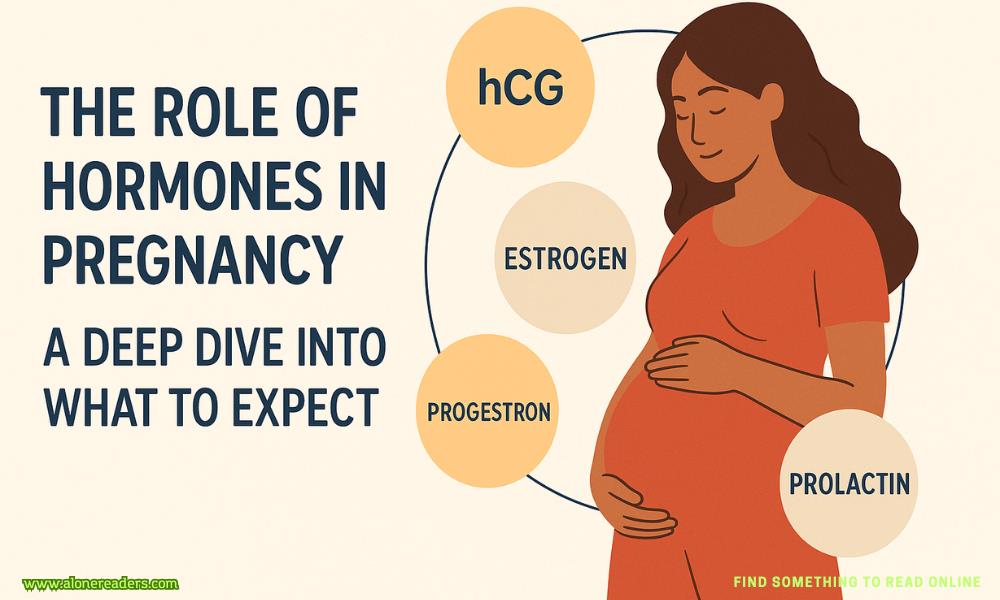Page 58 of Broken Country
“You might have said,” he says, popping a humbug into his mouth.
Leo grins up at him, he loves it when Gabriel is around. “Sorry, Dad. We went to the shop after school.”
“What are you playing?”
Leo and I are midway through a card game, writing down our scores on a piece of paper.
“Rummy.”
“I used to love that.” He pulls out a chair and sits down opposite us. “Room for a third?”
“More the merrier,” I say, and I don’t know who is more elated—me or Leo.
Is it wrong, the surge of contentment I feel as I shuffle thepack and deal out cards to Gabriel, to Leo, to me? The sweet simplicity of us as a three, two adults, one child, engaged in a game I once played with my own parents.
Every day can be like this. Every day can be me and my borrowed family.
Tuesday Evening
I’m guessing Frank is in the pub with Jimmy for the second night in a row and hasn’t bothered to leave a note. This is new terrain for us. Has he sensed what is happening between me and Gabriel? Frank, who has been attuned to my every mood, who hears the words I don’t say just as much as the ones I do. He must have noticed I no longer mention Gabriel at all. I try to, knowing my failure to do so might make Frank suspicious, but his name stays stuck in my throat.
It is strange, being home alone with our hallmarks of familiarity—Frank’s muddy boots waiting by the front door, his wax jacket flung over the back of a chair, unopened post on the table—all the same, and me wholly changed. I wonder if Gabriel feels like this, walking through his house at night, when Leo is in bed. Replaying the day, the conversations, the kissing, the touching, the electrifying sex. Or if it’s different for me as I try to fit myself back into my duplicitous life. A woman who loves two men and, perhaps, always did.
I wish I could talk to someone. But who? Not Eleanor, who never bothered to hide her distrust of Gabriel on the basis of his being “… let’s face it, a bit of an entitled prat.” After we broke up, she couldn’t help saying, “Didn’t I tell you this would happen? Boys like him cannot be trusted.” Even if she found out the truth about our ending and the lies that drove it, I don’t think Eleanor would change her mind about Gabriel. Aside from anything, she’s very close to Frank. I certainly can’t tell my parents, who have openlyadored Frank from the start. My dad, my God, I hate to think what it would do to him if he knew. Or Helen, whose husband, Martin, is Frank’s closest friend—he’s probably having a beer with him right now. Or the whole damned village, come to that. I can’t think of a single person who doesn’t love Frank. Frank Johnson, our Hemston hero, beloved of grannies and farmers and church ladies alike.
The night has grown dark without my noticing and it is a shock when Nina bursts through the front door. “Why are you sitting in the dark?” She starts switching lamps on, talking all the while. “Boys are on the lash tonight, by the looks of things. I thought we’d have our own party, you and me. I think my husband’s”—she turns to make sure I’ve caught the word, her marriage is four days old—“bad habits might be rubbing off on yours. Since when does Frank drink whisky on a weeknight? Or any night, come to think of it.”
Frank, I think, as a soft glow begins to spread through the room.What have I done to you?Frank, who has always been moderate in his drinking, mostly preferring a cup of tea made with fresh milk from our cows. Not so long ago, trips to the pub were something we did together on a Friday.
“Shall we have a fire, at least?”
I watch my sister-in-law peering into the log basket, fingers wavering as she seeks out the best kindling: strips of bark from our silver birches, pine cones, a fistful of bone-dry twigs. She rips out pages from a copy ofFarmers Weeklyand begins placing tight little paper scrunches in the grate. On top goes a pyramid of kindling, then the perfect positioning of the smallest logs; we burn oak, ash, and elm mostly, cedar is my favorite for the smell. Nina and I are good at fires, you’d have to be, living in a house as decrepit and cold as this one.
Within minutes we are warming our faces in front of a glorious blaze.
“What’s our booze situation?” Nina asks.
“Plentiful. Still loads of wine in the fridge.”
“Leave it with me.” Nina half dances, half struts into the kitchen. She is so happy.
We sit cross-legged on the floor with full glasses of wine and a plate of cheese and biscuits.
“How much longer before we finish off the leftovers?” I ask.
“The cheese will be walking out of here before we do. There’s so much left.”
“You should have had a honeymoon.”
This is not a new conversation, Nina and I have had it most days since they first decided to get married. Frank insisted he could look after the farm on his own for a few days, but Jimmy wouldn’t hear of it. “Remind me,” he said, teasing, “where did you two go again? Was it Paris? Or Rome?”
Pain rushing in. Our twenty-four-hour honeymoon in Dorchester. Frank carrying me over the threshold of the hotel we stayed in, a present from David. I see us, baby-faced amid a dining room of septuagenarians, struggling to contain our laughter.
“Well, at some point you could have one.”
Nina waves a dismissive hand. Holidays are for other people, not farming folk.
“Guess what?” Her face in the firelight glows with excitement. “I am a woman without birth control.”
- Her Desert King by Marian Tee
- A Wife's Duty by Sam Crescent
- The Gift that Keeps On Giving by Jessa Kane
- Hard Hearts by Ella Goode
- Obsidian Devotion by Sylvia Rae
- Sold to the Single Daddies by Summer Haze
- Coast by Jessica Gadziala
- Jezebel's Liberation by Lacy Rose
- A Touch of Fate by Cora Reilly
- Relentless Knight by Lisa Cullen
- The Cheerleader by Jade Marshall
- With this Ring by Sierra Cartwright
- Axel by Kelly Finley
- Ice Cold Liar by Cynthia Eden
- Her Daddies' Everything by Laylah Roberts
- Bound By Lust by Rose Marie







